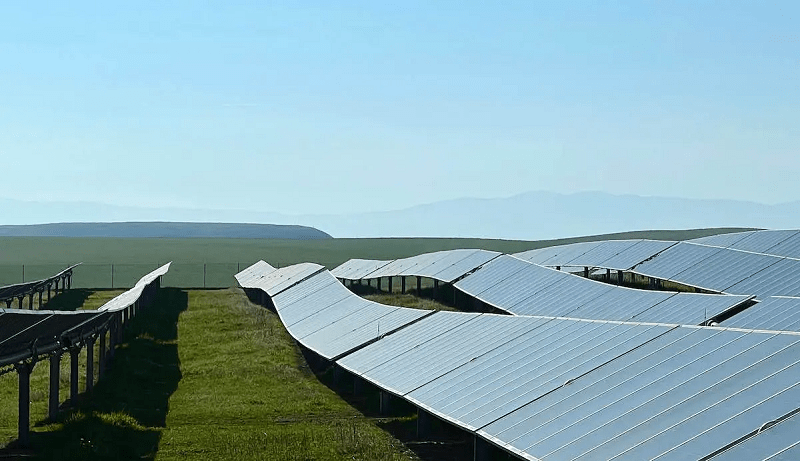In Short : While the UK’s solar industry faced challenges in the past due to subsidy cuts, it has not been entirely abandoned. The country still invests in solar energy, especially with the growing emphasis on renewable sources. However, policy changes and fluctuating subsidies have impacted the sector. Despite challenges, the UK continues to integrate solar power into its energy mix, albeit at a possibly slower pace than in the past, reflecting a shifting focus in the energy landscape.
In Detail : The Conservative government in the U.K. has been accused of backtracking on several of its climate pledges over the last few months and the solar energy industry is the latest to be affected. Prime Minister Rishi Sunak is following in his predecessor’s footsteps by imposing restrictions on new solar energy developments in the U.K., which could lead the country to rely on foreign energy imports to meet its growing demand for renewable energy and ensure its energy security.
In September, Sunak confirmed the massive rollback of several of the U.K.’s climate policies during a speech. This came after a government plan on updated climate action was leaked.
The Conservative government passed a law in 2019 aimed at achieving net-zero carbon emissions by 2050. Sunak assures the public that this goal has not changed, but the path to achieving it has. He stated that the government will “ease the transition to electric vehicles,” shifting the date for a ban on sales of new petrol and diesel cars from 2030 to 2035. He also said that there would be “more time to transition to heat pumps,” meaning a delay in the phasing out of gas boilers. He also ruled out the introduction of a tax aimed at discouraging flying and announced that plans for new recycling schemes would be reconsidered.
Climate scientists and environmental experts said in response to Sunak’s speech that the move would cost consumers more in the long term and it could threaten the U.K.’s global leadership on climate change. Environmental groups are likely to challenge the decision to water down climate pledges in court on the grounds that the government has a legal obligation to present in detail how it aims to achieve its 2050 net-zero target, with clear carbon budgets for different sectors. In response to the criticism, Sunak said that delays in enacting green pledges could help save U.K. households thousands of pounds. However, this appears to be overlooking the potential effects of climate change due to the delay.

